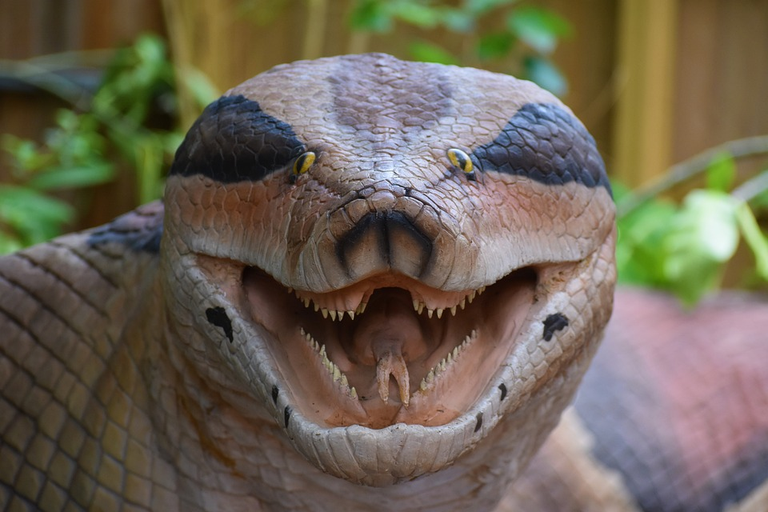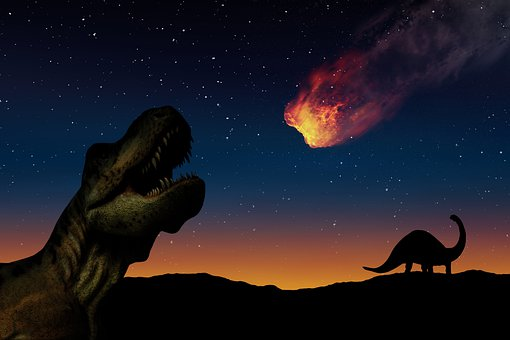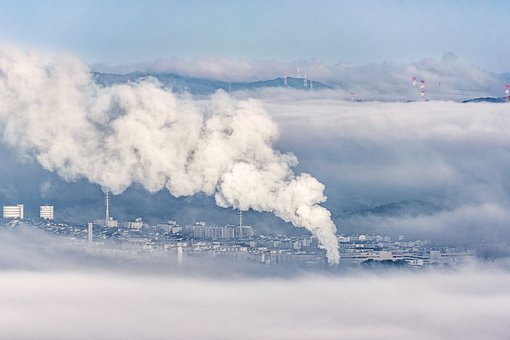Greetings to all,
I am back with another blog for everyone.

The extinction of animal species has become an increasingly pressing issue in recent decades. A number of factors contribute to this problem, including habitat loss, overhunting, climate change, and pollution.
In this blog post, we will examine some of the ways in which these factors are causing animals to go extinct, as well as some of the potential solutions that could help mitigate the problem.
One of the primary causes of animal extinction is habitat loss. This can occur as a result of deforestation, urbanization, or the conversion of land for agricultural purposes.
When animals lose their natural habitat, they are forced to compete with humans for resources and may struggle to find food, water, and shelter. Additionally, habitat loss can isolate animals from each other, making it difficult for them to mate and maintain genetic diversity.

Another factor that contributes to animal extinction is overhunting. Some species, such as elephants and rhinos, are hunted for their ivory and horns, which are highly valued in some cultures.
Other species, such as whales and sharks, are hunted for their meat or for use in traditional medicines. When animals are hunted beyond their reproductive capacity, their populations can decline rapidly and may eventually disappear altogether.
Climate change is another major factor that is contributing to the extinction of animals. As the earth's temperature rises, animals may struggle to adapt to new weather patterns and shifting ecological systems. This can result in changes to the timing of seasonal events, such as breeding and migration, which can have a ripple effect on entire ecosystems.
Additionally, rising sea levels and ocean acidification are impacting marine life, causing coral reefs to die off and threatening the survival of many species of fish and other aquatic animals.
Finally, pollution is another major factor contributing to the extinction of animals. This can take many forms, including water pollution, air pollution, and soil contamination. Pollutants can interfere with an animal's reproductive system, disrupt its immune system, or even poison it outright.

Additionally, pollution can accumulate in the food chain, meaning that animals at the top of the food chain may be exposed to higher concentrations of toxins than animals lower down.
Despite the severity of the problem, there are some potential solutions that could help mitigate the impact of animal extinction. One of the most important is to protect and restore natural habitats. This can involve reforestation efforts, the creation of wildlife corridors, and the establishment of protected areas where animals can thrive without interference from humans.
Another potential solution is to reduce overhunting by implementing stricter regulations and penalties for those who engage in illegal hunting. Additionally, educating consumers about the negative impact of buying products made from endangered species can help reduce demand for these goods and make hunting less profitable.
Climate change can be addressed by reducing carbon emissions and transitioning to renewable energy sources. This will require a concerted effort from governments, businesses, and individuals alike.
Finally, reducing pollution will require a combination of stricter regulations on polluting industries, as well as more responsible waste disposal practices among individuals and businesses.
So, the extinction of animal species is a complex and multifaceted problem that requires a comprehensive approach to address.
By protecting natural habitats, reducing overhunting, addressing climate change, and reducing pollution, we can help to mitigate the impact of animal extinction and preserve the biodiversity of our planet for generations to come.